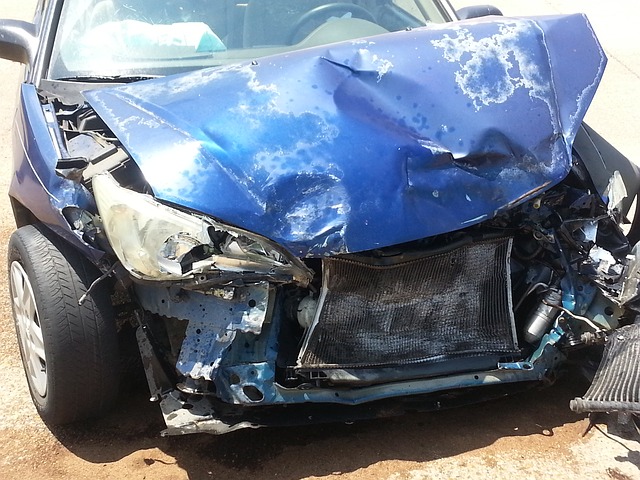Patients with an implantable cardioverter defibrillator (ICD) are 50% more likely to be involved in traffic accidents compare to age and gender factors, reports a study presented at The European Society of Cardiology Congress 2016.
Dr. Jenny Bjerre, who headed the Danish nationwide registry study, says,
Driving after ICD implantation is an area of great debate and concern for both doctors and patients.
A doctor at Herlev and Gentofte University Hospital in Copenhagen, Bjerre says their study “provides contemporary data suggesting that the risk of motor vehicle accidents is in fact increased following ICD implantation when compared to controls,” Medical Xpress reports.
ICDs are commonly used devices that prevent sudden cardiac death in people who have a high risk of life-threatening arrhythmias — primary prevention, and in those who have survived these arrhythmias — secondary prevention. ICD implants have increased massively worldwide, reaching close to a hundred thousand annually in ESC countries alone.
The risk that arrhythmias pose and the possible sudden loss of consciousness temporarily restrict patients with ICDs from driving following implant procedures or ICD shock. But data to support these recommendations are limited, and such restrictions may negatively affect an ICD patient’s quality of life.
Bjerre and her team conducted the study at The Cardiovascular Research Centre at Herlev and Gentofte University Hospital. The researchers used national registries to identify Danish citizens who had received an ICD for primary or secondary prevention from 2008 to 2012. Thet then examined motor vehicle accidents and deaths on record.
The study included 4,874 participants with ICD implants and a control group of 9,748 individuals matched by age and gender. The average age of participants was 63 years old.
A follow-up averaging 2.5 years showed that 2.3% of ICD patients had contacted a hospital due to a motor vehicle accident, compared to just 1.7% of those in the control group. When calculated over time, this amounted to a 51% increased risk of vehicular accidents. There was no significant difference in accident risks for primary and secondary prevention ICD patients.
On the bright side, the overall rate of motor vehicle accidents in ICD patients was low at 1 to 1.4% within the first year after implantation, compared to the general population. The researchers likewise noted no deaths caused by vehicular accidents in ICD patients.
Bjerre says, “To date, driving recommendations for ICD patients are based on data from small studies in a few highly selected patients. The Danish nationwide registers provided a unique opportunity to investigate the subject in a ‘real world’ ICD population.”
She adds that they higher risk in those with ICD implants might be more of a consequence of the heart condition rather than the use of the actual ICD device.
























